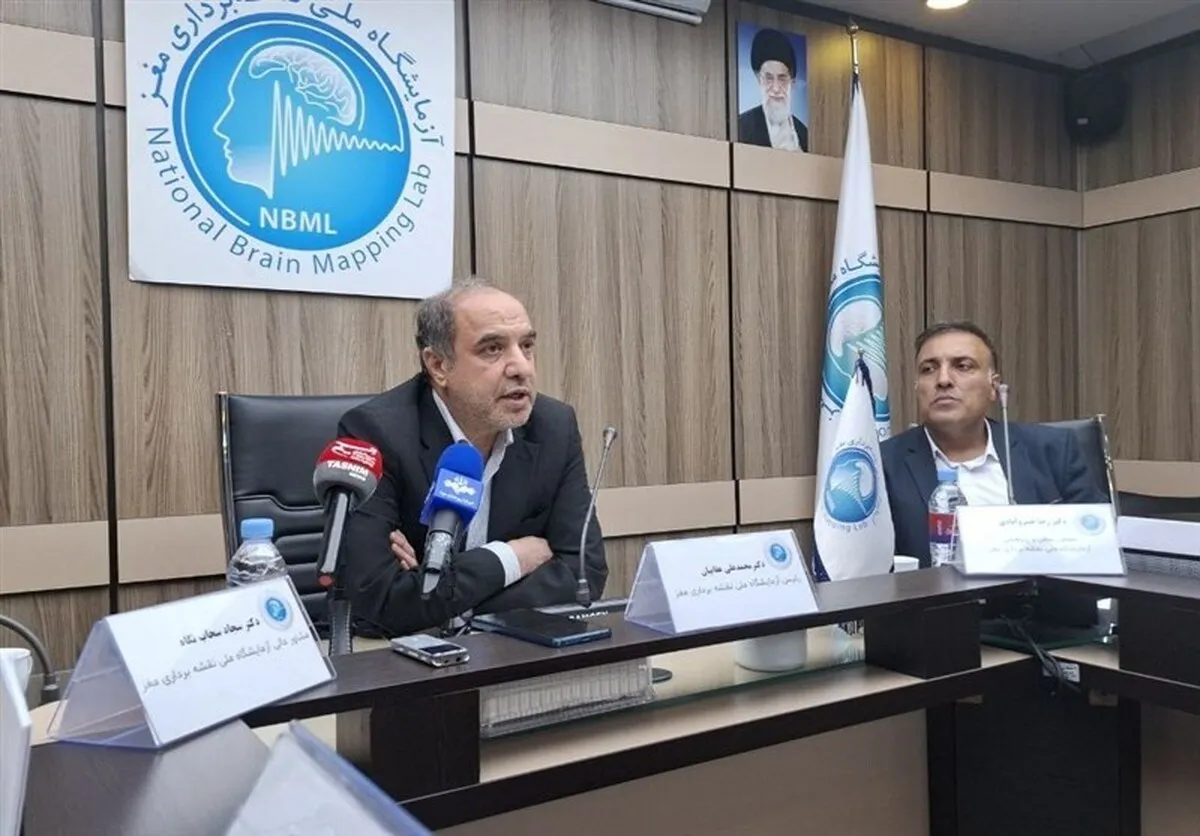Iran’s Nat’l Brain Mapping Lab Enjoys Leading Role in Treating Brain Disorders

“This laboratory has been operating for over 10 years and has appropriate infrastructure in terms of both equipment and expert personnel. So far, extensive research has been conducted in areas related to cognitive and brain sciences, and this infrastructure is currently being used to provide services to the community,” said Mohammad Ali Oqabian, the head of the National Brain Mapping Laboratory.
“The goals of this laboratory include developing research activities in the field of cognitive neuroscience and technology through providing neuroimaging and neurostimulation services, providing specialized consultations in the field of data acquisition and processing of multimodal brain images, providing knowledge-based and up-to-date services in accordance with the latest research achievements, developing new brain mapping and neurostimulation technologies, and transforming advanced research achievements into applied services and expanding them in specialized centers,” he added.
In a relevant development in August, Iranian researchers had also succeeded in production of a Cranial Electrotherapy Stimulation (CES) device which stimulates the cranium and brain with a current that cannot usually be sensed by the consumer.
“Electrical and cranial brain stimulation is one of the newest and least dangerous methods of intervention in the nervous system, which in recent years has been significantly used in the treatment of disorders like depression, drug use and Parkinson's disease,” said Mohammad Mehdi Ahmadi, a faculty member of the Amirkabir University of Technology and the head of the research team.
“Recording brain electrical signal (EEG) simultaneously with brain electrical stimulation creates many possibilities in the process of treating patients or further research in this field,” he added.
Noting that the purpose of the research project is to obtain a method for extracting the electrical signal of the brain during intracranial brain stimulation to adjust the parameters of the stimulation signal, Ahmadi said, “To record the brain signal during intracranial brain stimulation, it is necessary to remove the disturbing signal caused by the stimulation from the signal recorded from the head to extract the electrical signal of the brain in a healthy way. By using this system, research can start on the closed loop systems of electrical stimulation of alternating current.”
4155/v





















